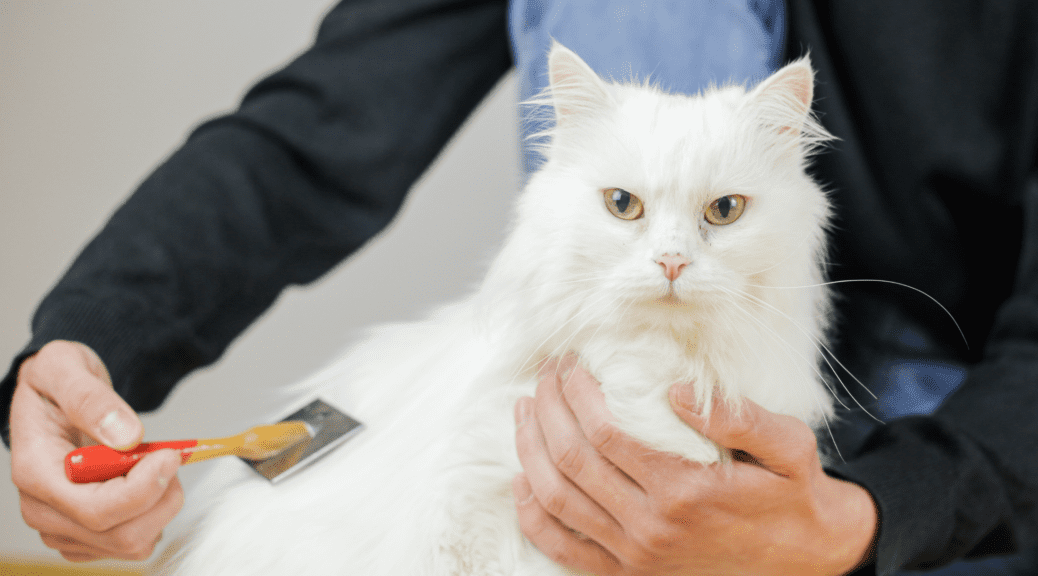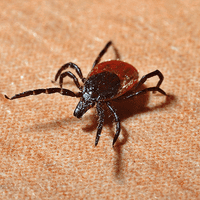Is your feline friend a senior? If Fluffy is over the age of nine, then technically, the answer to that question is yes … even if she still acts like a kitten. Cats are generally pretty easy keepers, so you won’t need to make drastic changes to your kitty’s care regimen as she ages. However, she will become more vulnerable to certain dangers … including several seasonal hazards. A Roanoke, VA vet lists some autumn senior cat care tips below.
Grounding The Furball
We always recommend keeping kitties indoors. However, fall can be particularly treacherous. For one thing, it’s getting dark earlier and earlier. There’s also increased traffic, dropping temperatures, and wild animals, who can get quite aggressive in autumn. Plus, older cats just aren’t as lithe or agile as young kitties, and may not be able to escape certain hazards. Keep Fluffy inside!
Keep Kitty Warm
Senior pets are much more susceptible to temperature extremes than their younger counterparts. Fluffy will get quite chilly on those crisp mornings! Your feline buddy may appreciate a thermal or heated bed or perhaps some extra blankets.
Toxins
Poisons are a major concern at this time of year. Fluffy is at risk of ingesting dangerous substances such as antifreeze, lawn/garden chemicals, and/or molds and funguses. Toxic plants are another hazard. Keep potentially-dangerous plants, such as chrysanthemums, out of paws’ reach. (Tip: check the ASPCA site here for a list.)
Shedding
Did you know that indoor cats typically don’t shed as much as outdoor kitties? This is because they tend to stay at a more stable temperature, and are protected from the seasonal changes that trigger heavy shedding cycles. Shedding also increases the chance of hairballs, which can be quite dangerous. This is another reason to keep your adventurous furball safe and sound indoors.
Candles
We know, candles can add a wonderful cozy glow to your home. Just keep them in places where Fluffy can’t reach them. If you have a fireplace, put a grate in front of it, so your playful pet can’t accidentally get singed.
Food
Fluffy may benefit from taking certain supplements as she ages. Fish oil, for instance, can be quite helpful for kitties with bone/joint issues. Ask your vet for recommendations.
As your Roanoke, VA pet clinic, we love helping our feline patients age gracefully! Please feel free to contact us anytime!




